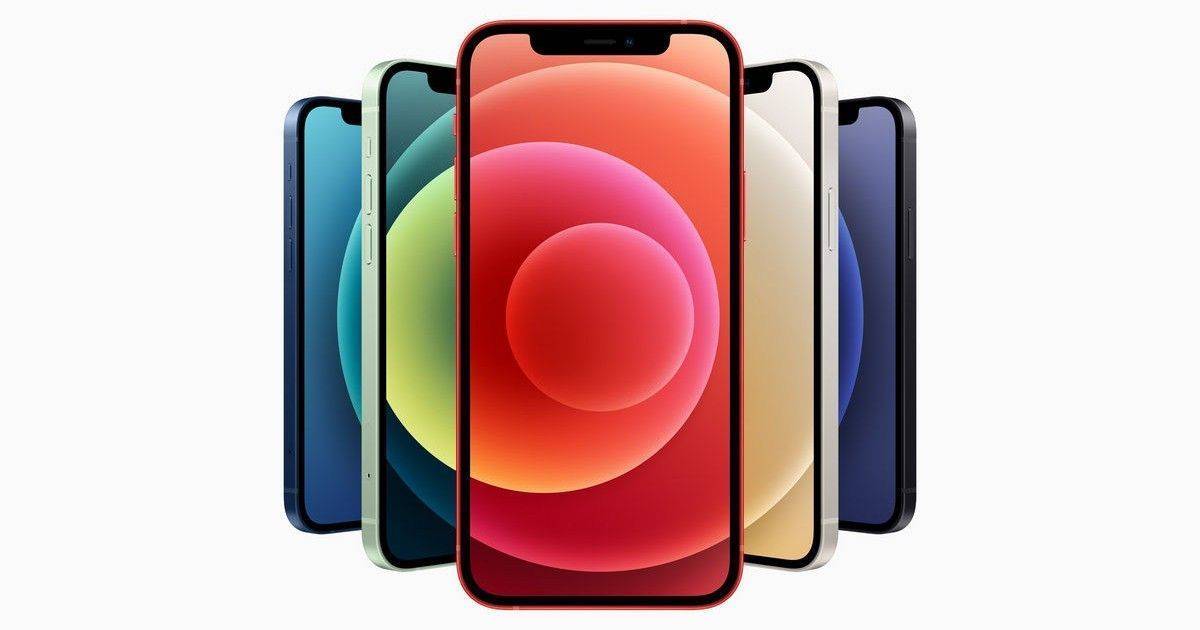“We predict that the iPhone will adopt Apple’s own design 5G baseband chips in 2023 at the earliest. As Android sales in the high-end 5G phone market are sluggish, Qualcomm will be forced to compete for more orders in the low-end market to compensate for Apple’s order loss. When the supply constraints improve, MediaTek and Qualcomm will have less bargaining power over brands, resulting in significantly higher competitive pressure in the mid to low- end market,” Kuo said in an investor note (via MacRumors).
Apple’s decision to use in-house hardware for modems is hardly surprising. It did, after all, pay a pretty penny to acquire Intel’s modem division. Even with the massive resources that Apple has at its disposal, it is unlikely that it will be able to come up with a modem to rival Qualcomm. However, an in-house modem will give Apple more control over its ecosystem, something that has been integral to its success.
Kuo adds that Apple’s decision to ditch Qualcomm would result in a more competitive market overall. Currently, MediaTek dominates the low-cost 5G modem market with its Dimensity chips, with Qualcomm focusing more on high-end offerings. Once Apple is out of the equation, Qualcomm will have to look at other places to make up for lost sales, resulting in it competing with MediaTek in the affordable smartphone market.


















